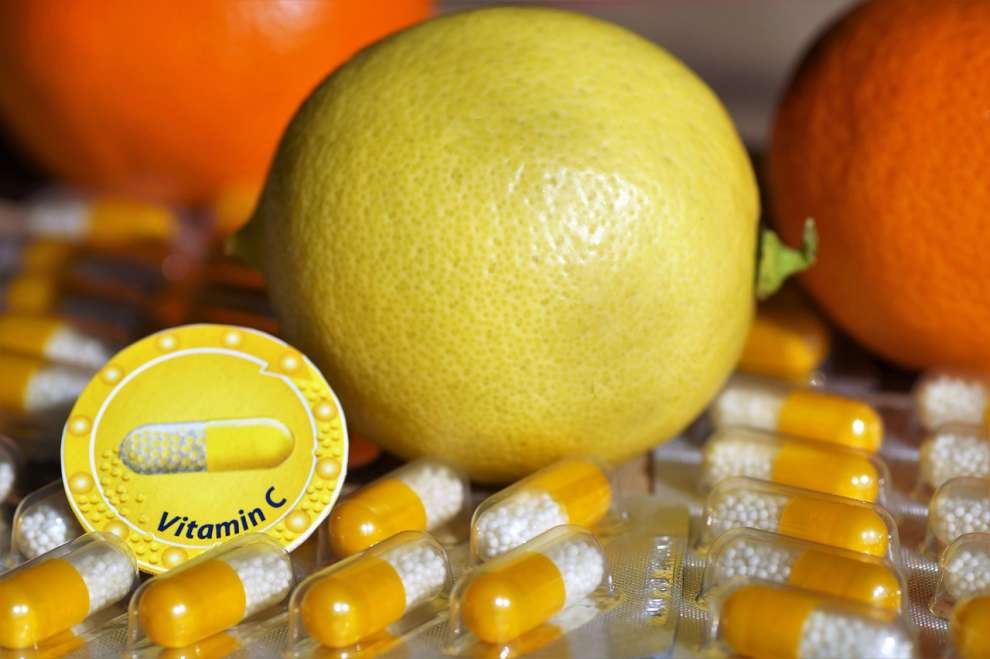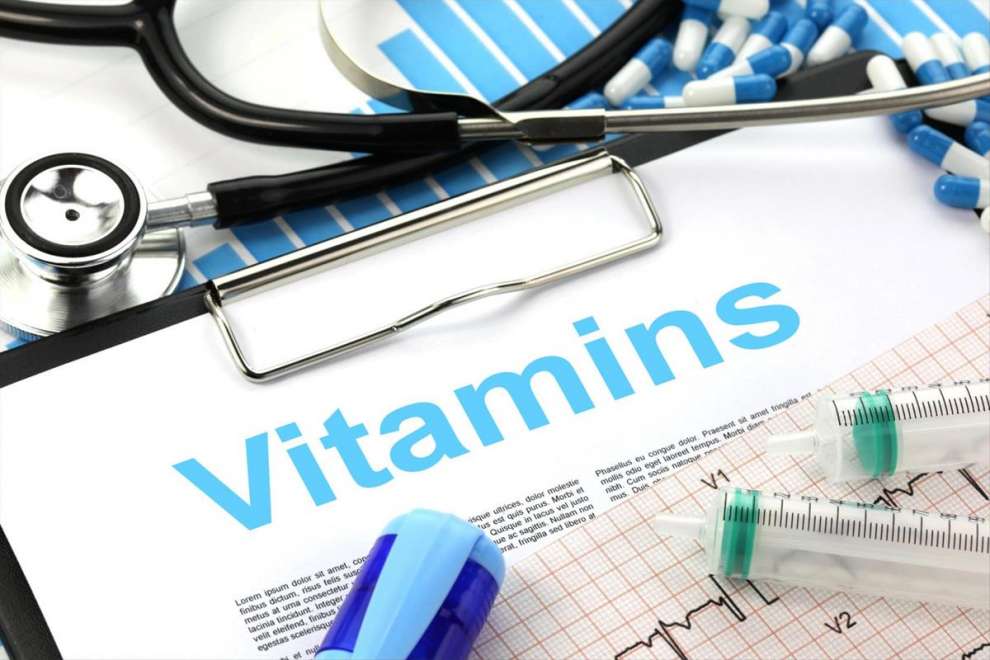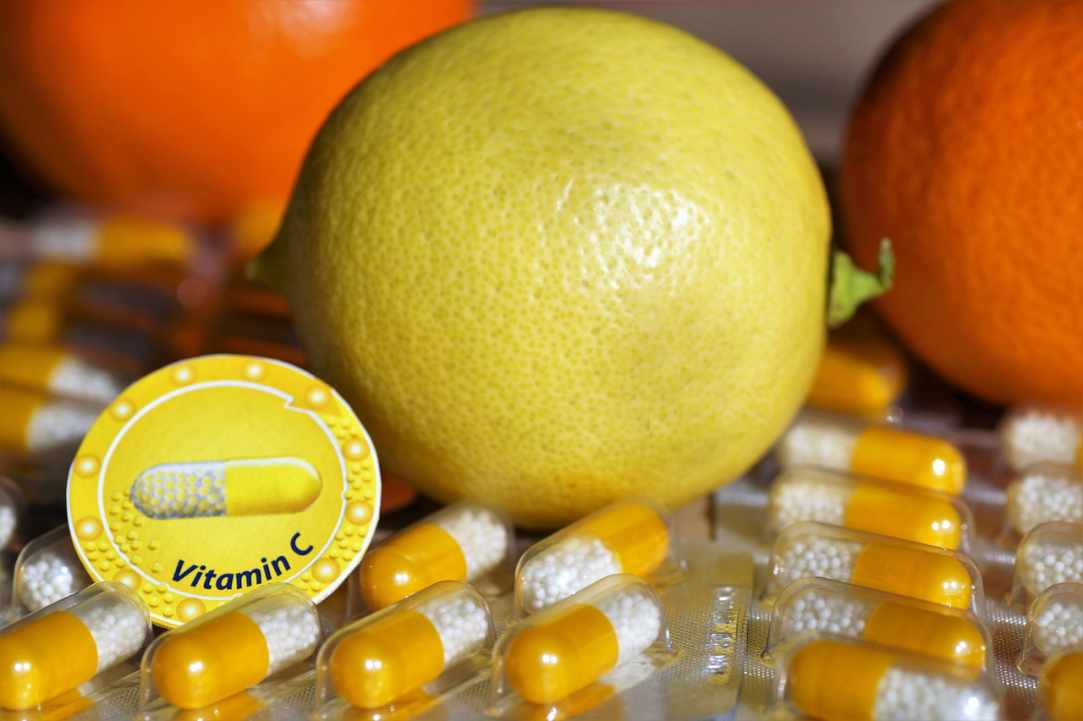Vitamins C and D and their contribution to the immune system
Put vitamins in your life
Vitamin C or ascorbic acid, is the most well-known vitamin we all know. It is a water-soluble vitamin and is one of the best known antioxidants. As humans we can not produce the ideal amount of vitamin C that is necessary for our body, so we need to get it at regular intervals, through diet and especially through fruits and vegetables.

The disease due to lack of vitamin C is scurvy, where premature symptoms are usually gum damage, tooth loss, as well as exhaustion, weakness, irritability and muscle aches. A prolonged deficiency of vitamin C may not lead to clinical symptoms, but may predispose to a possible heart disease and weakening of the immune system.

Vitamin C therefore contributes:
- In maintaining the normal function of the immune system.
- In the formation of skin collagen
- In metabolism
- In normal psychological function
- In the normal function of blood vessels, bones, skin, teeth
- In the normal functioning of the nervous system
- In protecting cells from oxidative stress (antioxidant)
- To reduce fatigue

Vitamin D or vitamin of the sun, is a fat-soluble vitamin which is synthesized in the body mainly through the effect of sunlight on our skin, but is also obtained by consuming certain foods with the main role of proper bone growth and promotion of our skeletal health, in the control of sugar, in the better functioning of the immune system, but also in the prevention of other serious diseases such as various forms of cancer, multiple sclerosis and psychiatric diseases.

The body absorbs vitamin D mainly through its composition in our skin under the influence of sunlight. The time of exposure to sunlight required for the synthesis of the necessary amount of vitamin D, depends on age, skin color and the underlying health problems. An average of 20 minutes of sun exposure without sunscreens is ideal. (Attention, exposure is not allowed at noon when the sun is vertical, but early in the morning or afternoon, when its rays are harmless).

The other less important source of vitamin D is dietary intake. Foods rich in vitamin D are some "fatty" fish (such as salmon, mackerel, tuna, cod, trout, sardines), cod liver oil, eggs and beef liver.

Vitamin D deficiency leads to osteoporosis, weakened immune system, mental disorders in both children and adolescents, possibly leading to rachitis.

So, let's put these two vitamins in our lives, not only to strengthen the immune system, but also to improve our overall health.

 English
English
 Ελληνικά
Ελληνικά Русский
Русский







 Posted by
Isabella Ziova
Posted by
Isabella Ziova





